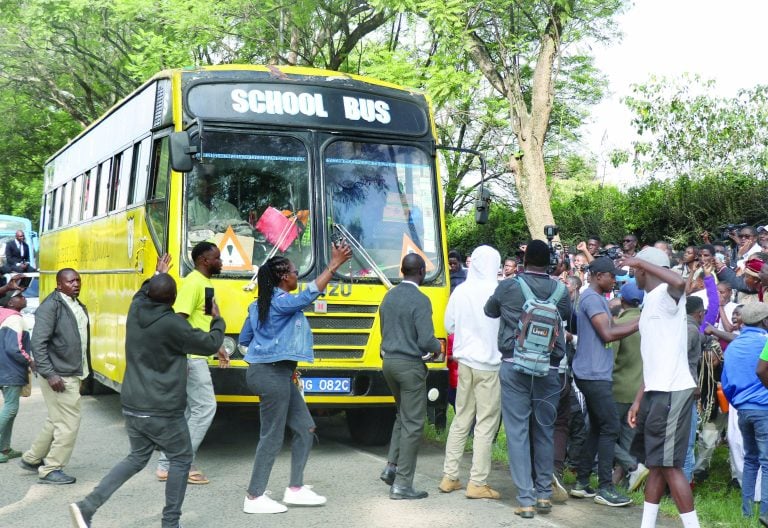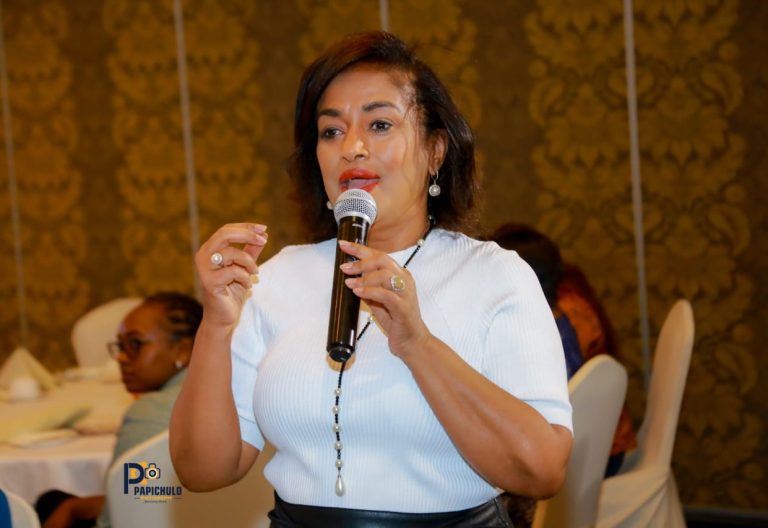Why muting student art is a national disgrace

On April 10, police forcefully disrupted “Echoes of War” a play by Butere Girls High School students during the national drama festival in Nakuru County. Reports indicate journalists were assaulted, the venue sealed off, and tear gas deployed indiscriminately – actions that violate freedom of expression, press freedom, and the right to peaceful assembly.
Child participation is a fundamental right enshrined in the United Nations Convention on the Rights of the Child (UNCRC), which guarantees children’s right to rest, play, and engage in cultural activities. Article 12 of the UNCRC specifically recognises children’s right to express their views and have those views taken seriously, underscoring the importance of their meaningful involvement in society.
Freedom of thought
The African Charter on the Rights and Welfare of the Child (ACRWC) similarly guarantees child participation rights in Articles 4(2) and 7, while establishing related freedoms of thought, conscience, and religion.
Kenya’s Children Act (2022) aligns with these international standards, affirming every child’s right to free expression, including through artistic performance.
Art exists to provoke thought and stimulate dialogue. Labelling creative expression as incitement is both misguided and hypocritical.
Child rights organisations have condemned the crackdown as “a clear violation of children’s rights and an affront to freedom of expression”. Some political leaders have praised the play as “a bold and thoughtful satire on the collapse of public services and broken promises” that reflects youth frustrations.
Rather than censoring such works, stakeholders should engage with the issues raised. These students aren’t the problem – they are holding up a mirror to society and asking necessary questions.
“Echoes of War” explores struggles for civil liberties, social justice, and accountability – issues resonating deeply with Generation Z. Through drama, the students exposed collective failures and called for reflection.
Silencing such expression stifles progress, discourages accountability, and extinguishes hope. It creates a culture where we cannot speak openly about failing institutions or hold public servants accountable.
— The writer is a Communications Specialist and Child Rights Advocate in Nairobi














